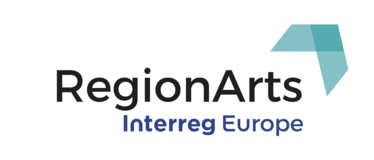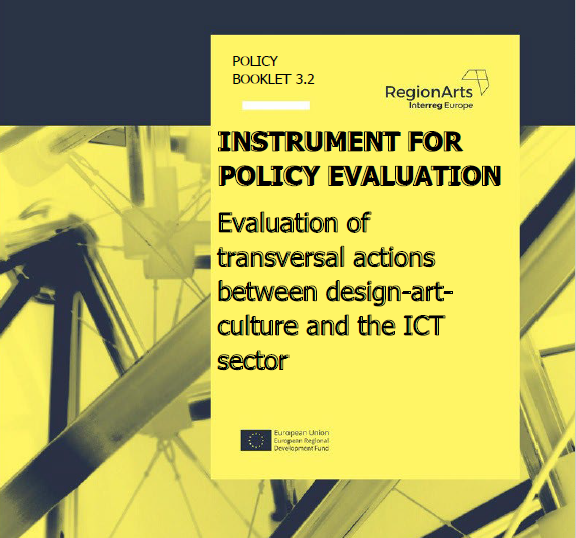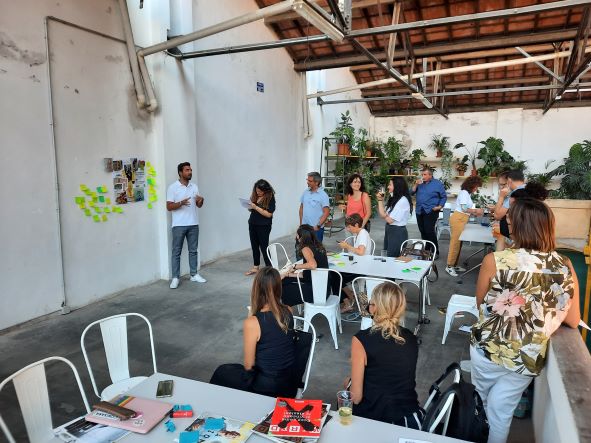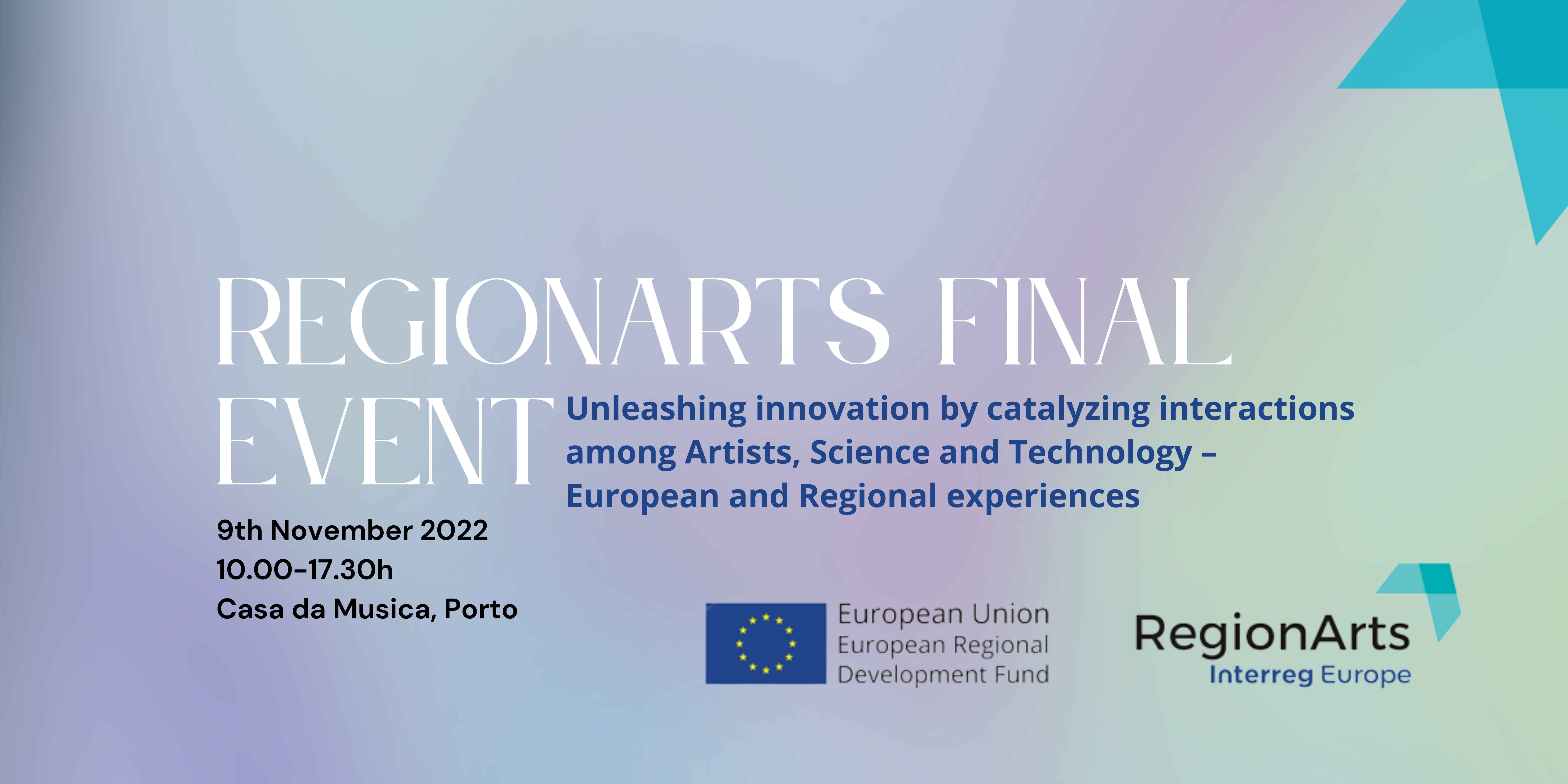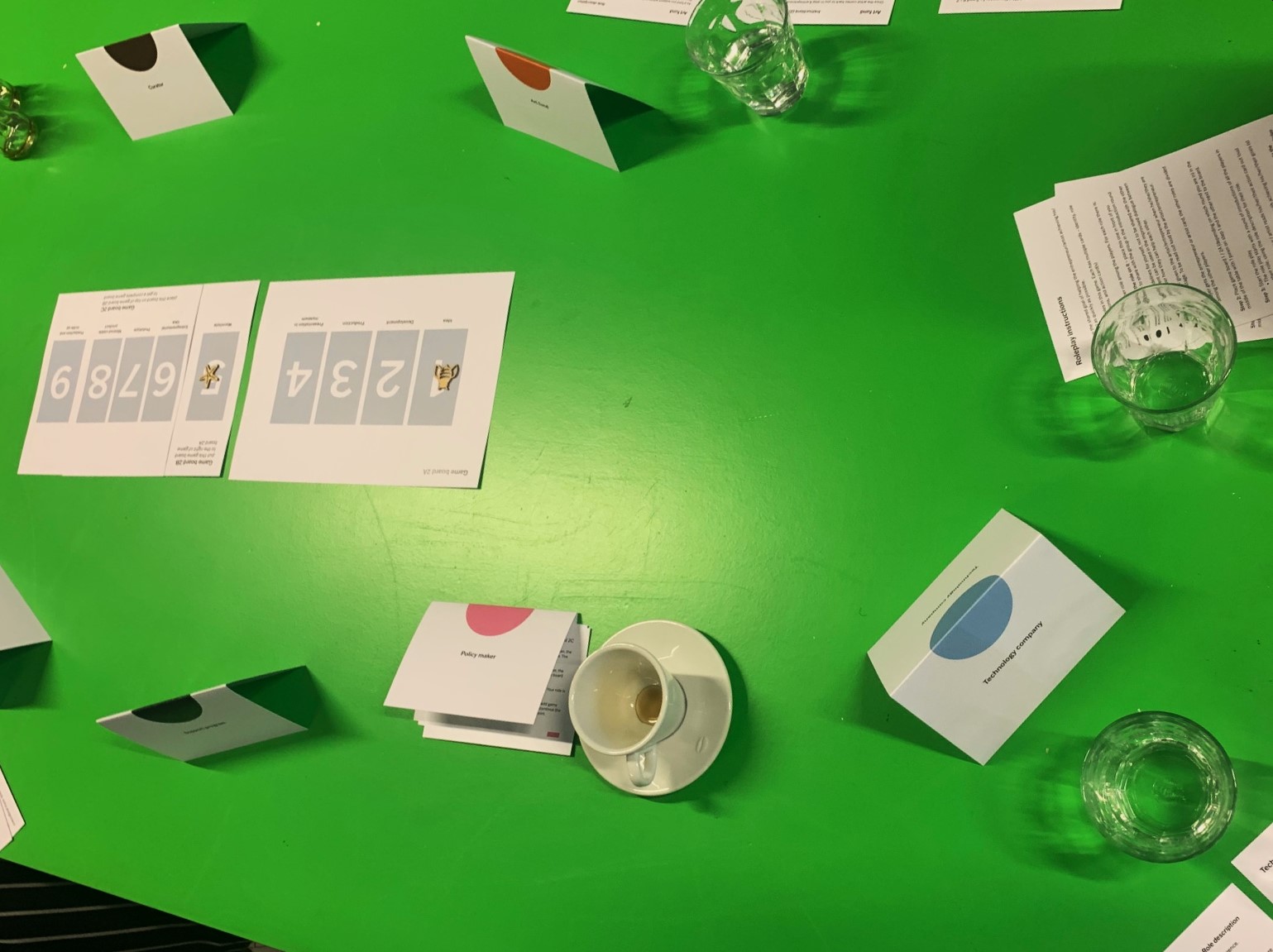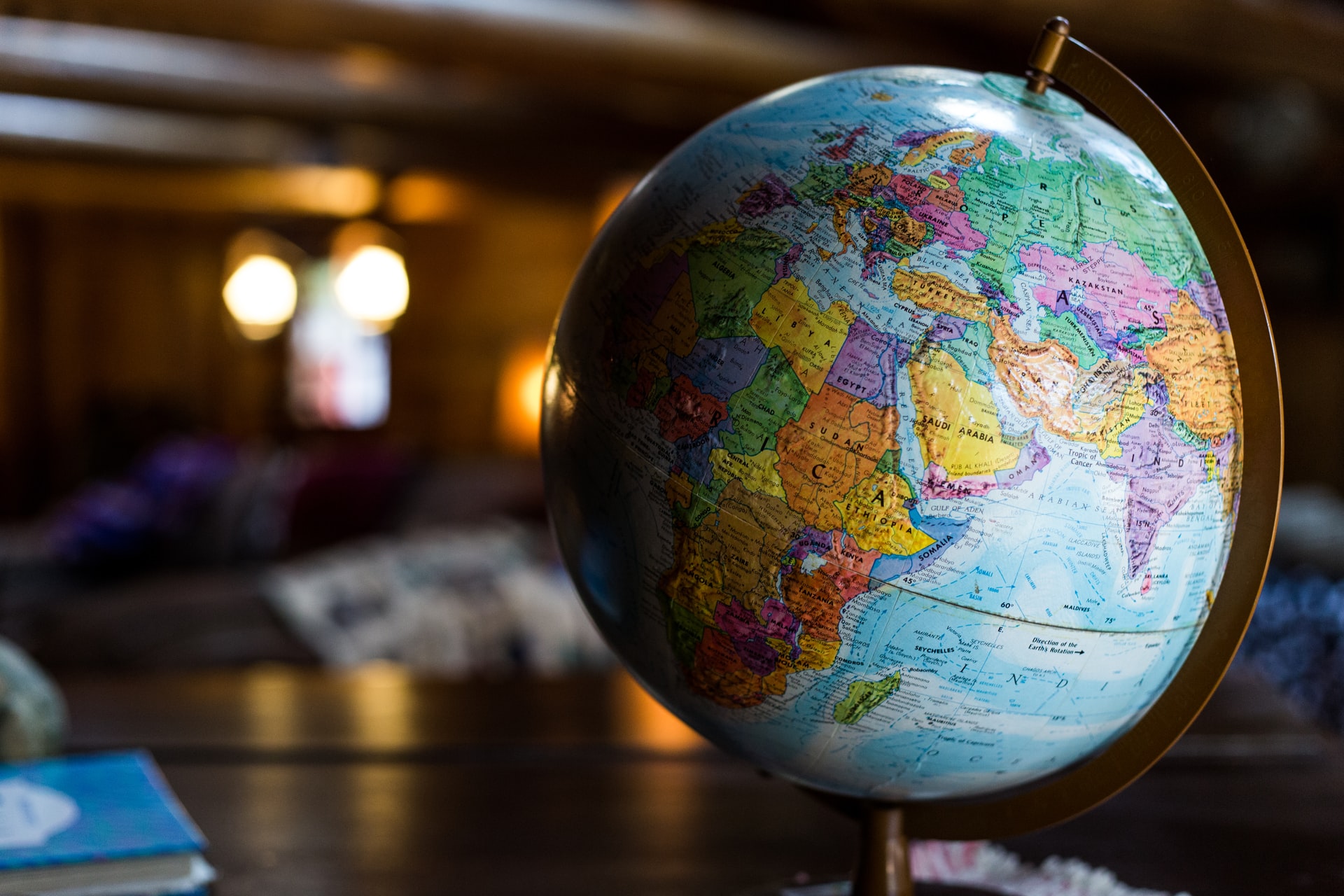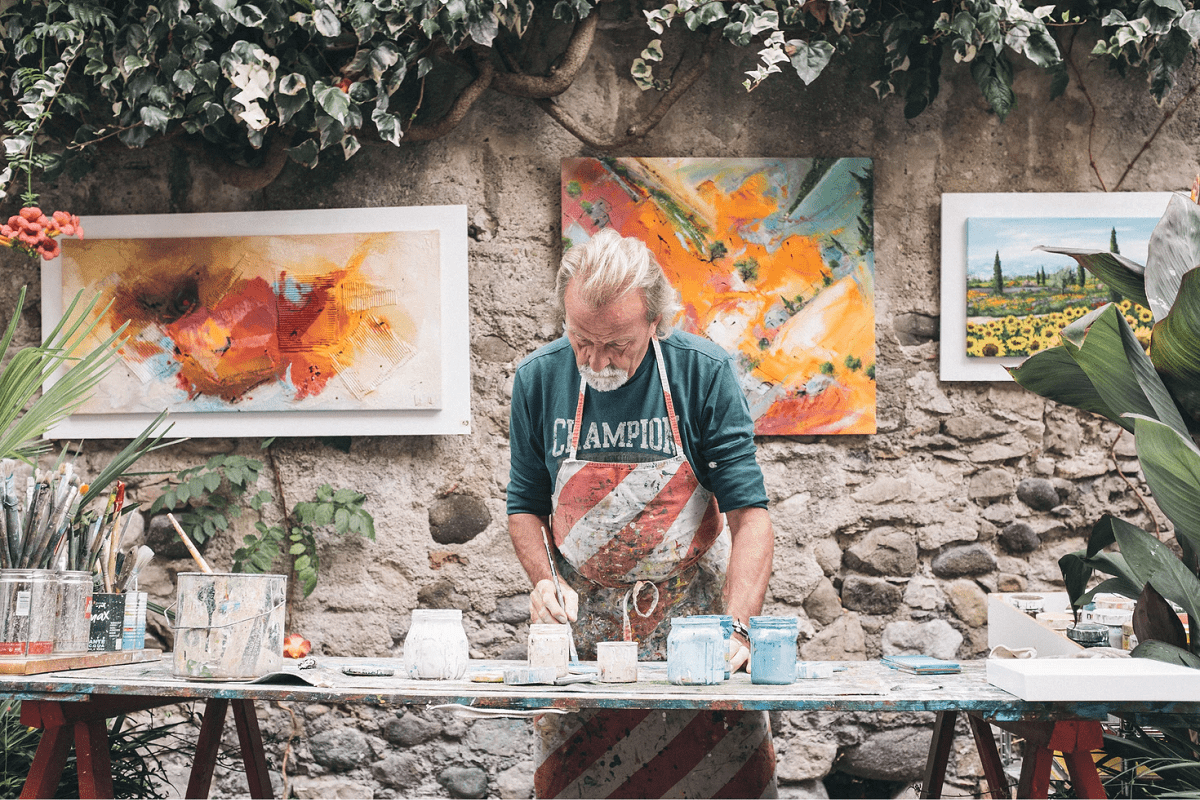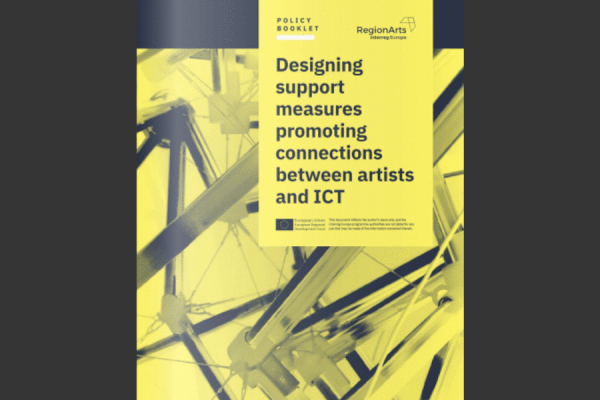The University of Lapland and Arctic Design Cluster hosted the first RegionArts Local Stakeholder Group meeting. The meeting held on December 11th 2018 at the University of Lapland, Rovaniemi, Finland. brought together stakeholders from the creative and ICT sector of Lapland to gain insight on interests, needs and dreams for the regional development on why and how to enhance information and communications technology and creative collaboration. The meeting involved 14 participants from local development organisations, enterprises from relative sectors as well as research, development and educational institutes (University of Lapland and Lapland University of Applied Sciences).
First the general project goals and activities of RegionArts and relative activities under Arctic Design Cluster was introduced. After the introductions and preliminary discussions, the focus was shifted on practical workshopping utilizing service design methodology. During the workshop, goals, needs and wishes of different stakeholders on the collaboration between arts, especially design, and ICT were mapped. After this, stakeholders formed smaller groups for ideating collaboration models of their dreams with the shared practical goals and challenges in mind. The groups then went around to build on different groups to have “cross-fertilisation” of different views and ideas. As a result, there were three different kinds of frameworks drafted which were reflected and further defined with all participants to conclude the session.

The meeting was deemed to have been very successful in creating a common understanding and ideating initial framework together with different stakeholders for more effective and sustainable collaboration between ICT and arts in Lapland. The drafted frameworks provide good preliminary basis to start working on with more precise planning. The meeting left still room for improvement in getting more stakeholders involved. This is what RegionArts project and Arctic Design Cluster team are going to focus on by mapping the ecosystem of Lapland further with getting wider and deeper understanding on regional needs and possibilities as well as learn from other regions in interregional collaboration.
